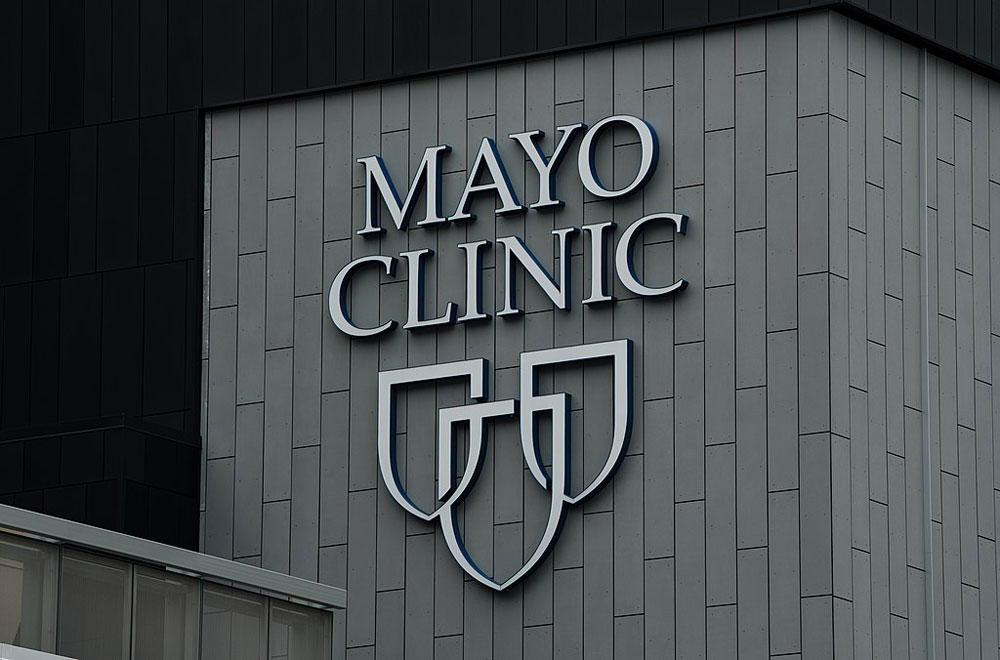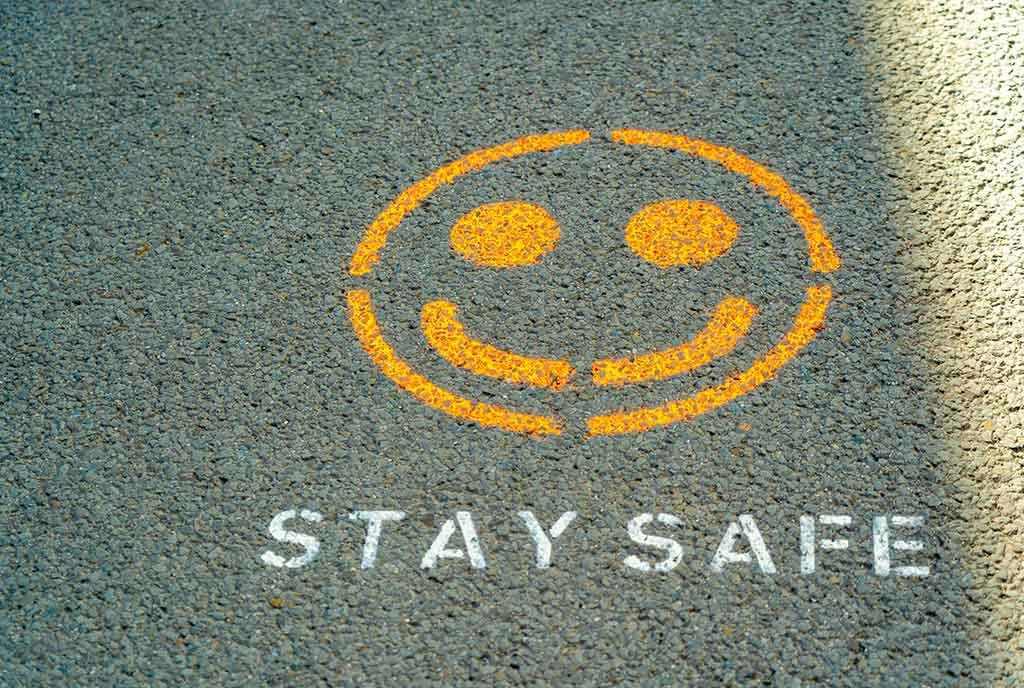
April 28, 2020; Washington Post
The Mayo Clinic has a rule: all patients and visitors must be masked—partly to protect themselves, but more so to protect others struggling to stay away from contagion. But yesterday, Vice President Mike Pence, in violation of a specific request by the clinic, refused to wear one, and the clinic folded, allowing him to tour the facility and meet with medical staff and patients without proper gear.
Not only did they crumple, but they tried to cover for Pence by deleting a tweet where they had explained that they had tried to advise Pence—who, we remind you, is also the head of the White House Coronavirus Task Force—of the importance of the measure.
The Washington Post reports Pence’s justification:
“Since I don’t have the coronavirus, I thought it’d be a good opportunity for me to be here, to be able to speak to these researchers, these incredible health-care personnel, and look them in the eye and say thank you,” Pence told reporters after visiting the clinic.
Sign up for our free newsletters
Subscribe to NPQ's newsletters to have our top stories delivered directly to your inbox.
By signing up, you agree to our privacy policy and terms of use, and to receive messages from NPQ and our partners.
The recommended face coverings do not prevent eye contact or expressions of thanks, though. And as health officials have noted, having been tested does not prevent the spread of the disease, because people could become infected between tests and the tests might not be completely accurate.
We think the “incredible health personnel” would have felt more valued and respected had Pence respected their rules, meant for the protection of all those who are ill or on the front lines. Instead, the clinic reinforced the idea that there is one set of rules for the powerful and another for the rest of us, and that is a terrible message.
The fact is that the federal government still cannot consistently signal, even after one million have fallen ill and 57,000 have died, that we all have responsibilities to one another. In fact, what has characterized the White House response has been a series of actions that taken separately are antisocial scandals, but together constitute an outrage. The president has encouraged protests to reopen businesses before it appears wise and has made some off-the-cuff, inaccurate, and downright deadly suggestions about various substances we might ingest, among many other things.
But yesterday’s incident at the Mayo Clinic hit a different kind of low in that it involved the collusion (however reluctant) of a major nonprofit health institution. The Mayo Clinic made a very bad choice, even in what must have been a horribly difficult situation. It lessened its credibility and called its own ethics into question, and that is not at all a good look in these times.—Ruth McCambridge












